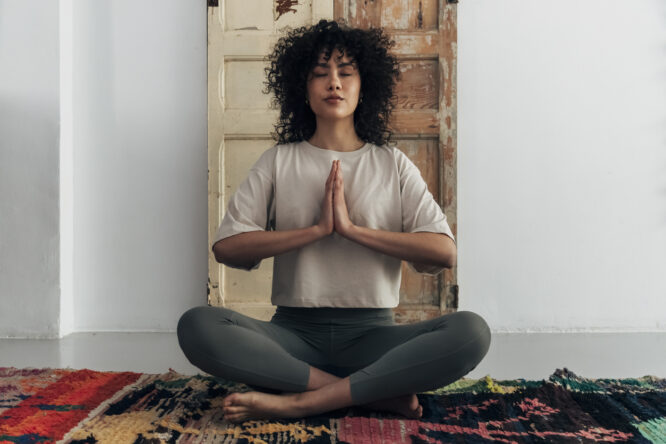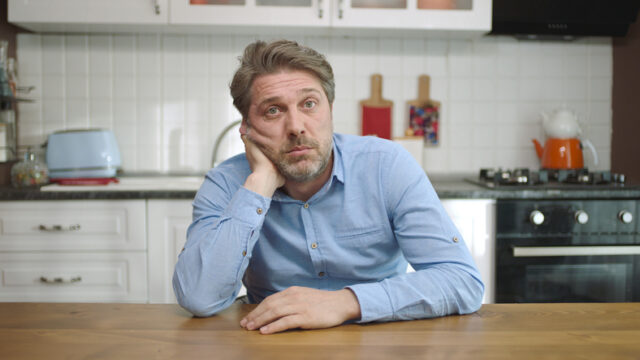For many LGBTQ+ people, the daily struggle isn’t just about one big moment of rejection or discrimination.
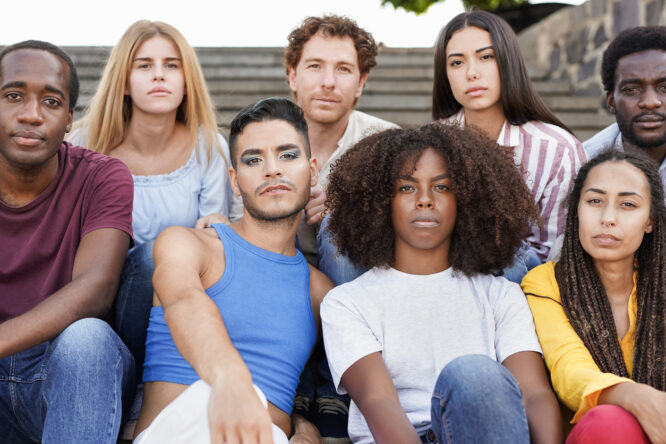
It’s the accumulation of smaller, ongoing pressures that most people never have to think about. It’s the second-guessing, the code-switching, the silent calculations made just to get through the day. These unfair realities don’t always look dramatic from the outside, but they can destroy mental health in ways that are easy to miss. Here are some of the most common everyday challenges that LGBTQ+ people often carry, whether they talk about it or not.
1. Having to assess if a space is safe—every single time
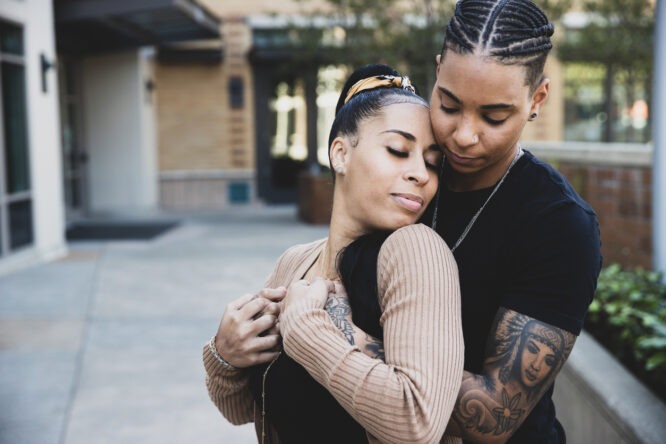
Before walking into a new environment, many LGBTQ+ people do a quick internal scan: “Can I be myself here?” That constant need to gauge whether it’s safe to hold a partner’s hand, mention a pronoun, or wear something expressive takes up mental energy most people never have to spend.
That level of vigilance can become second nature, but it doesn’t mean it’s easy. It means someone’s always slightly on edge, measuring risk in places other people feel free.
2. Hearing casual homophobia or transphobia from people who don’t realise they’re doing it
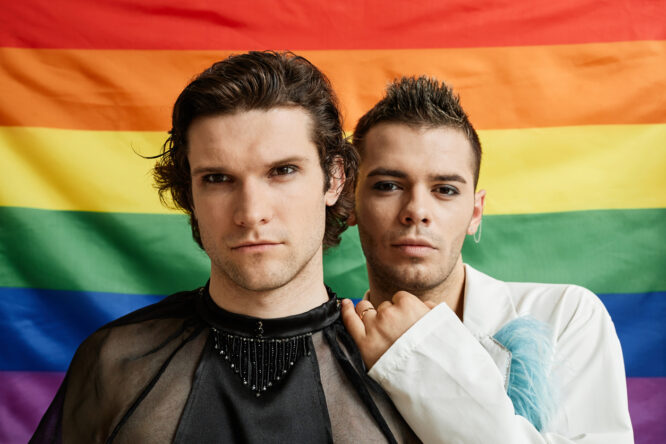
Comments like “That’s so gay,” “I don’t get they/them,” or jokes that reduce queer identity to a punchline are still everywhere. What’s worse, they often come from coworkers, friends, or family who claim to be supportive. It’s exhausting to constantly decide whether to speak up or let it slide. Either option costs something—your peace, your comfort, or your connection to the people around you.
3. Being expected to educate everyone
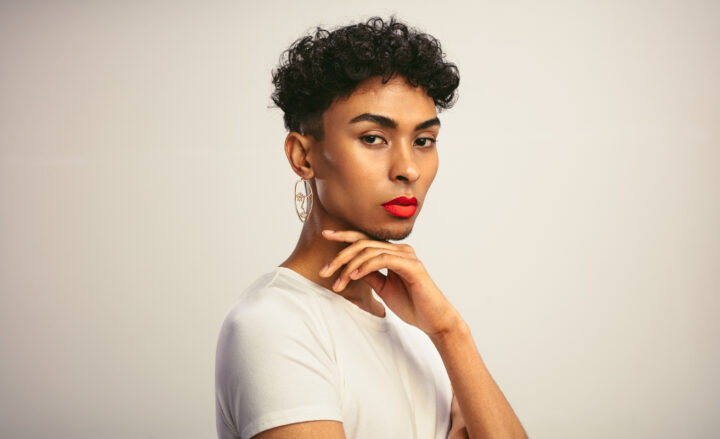
There’s often this unspoken pressure that LGBTQ+ people should patiently explain every part of their identity, pronouns, relationships, or the latest terminology to anyone who asks. While education matters, it shouldn’t be the responsibility of those already navigating the weight of it. Being treated like a walking FAQ can feel dehumanising over time.
4. Worrying that coming out might change everything
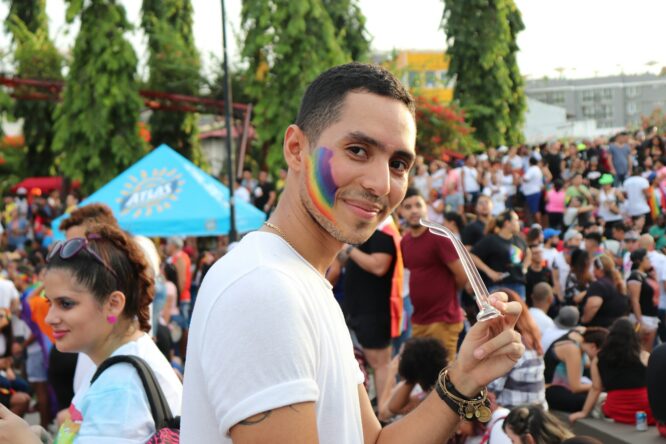
Even in 2025, coming out is still a huge deal. There’s always the fear that someone’s perception will change—that closeness might be replaced with distance, or that things will never feel quite the same. This underlying anxiety can make relationships feel unstable. The emotional labour of constantly wondering how much of yourself to show can wear people down quietly but deeply.
5. Feeling like representation still misses the mark
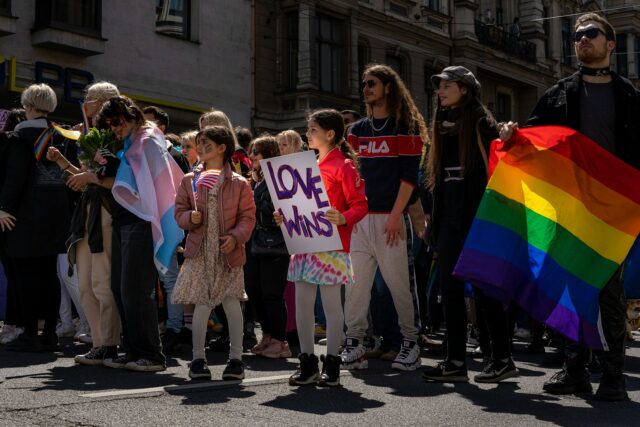 Source: Unsplash
Source: Unsplash Sure, there’s more visibility in the media now, but a lot of it still leans on stereotypes, trauma, or tokenism. It’s rare to see full, joyful, complex queer lives portrayed authentically and consistently. When your identity only shows up in extremes or clichés, it reinforces the feeling that the world isn’t quite ready to see you as a full person. That invisibility has a slow-burning mental impact.
6. Dealing with healthcare systems that don’t fully understand you

Whether it’s misgendering at the GP, having to out yourself just to get the right care, or avoiding treatment altogether to dodge judgment—healthcare isn’t always safe or affirming for LGBTQ+ people. This can lead to neglecting health issues, heightened anxiety around appointments, and feeling like you have to brace yourself before every interaction with a professional.
7. Getting policed on what’s “too much” or “not enough”

LGBTQ+ people often walk a fine line between being told they’re “shoving it in people’s faces” and “not being queer enough.” Expression, language, even dating style—everything’s open to scrutiny. This leaves people in a loop of second-guessing how to exist in a way that won’t provoke backlash. It creates this constant low-level tension around simply being seen.
8. Being hyper-aware in public with a partner
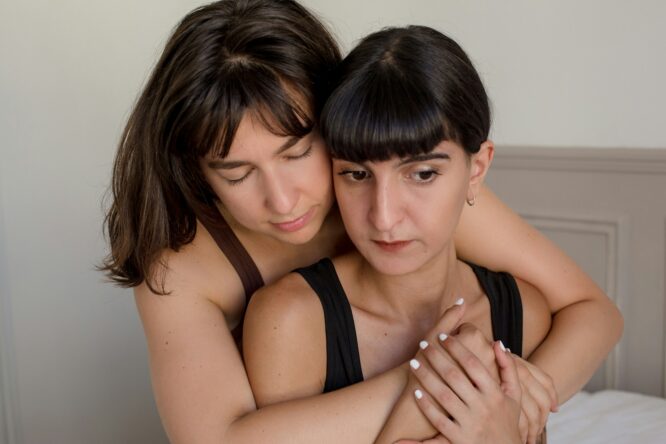
Something as small as reaching for your partner’s hand in public can come with risk calculations. Will someone stare? Say something? Will it be safe here? This isn’t about paranoia—it’s learned self-protection. The fact that something so ordinary still feels dangerous for many couples speaks volumes about the mental toll involved.
9. Losing connections after coming out
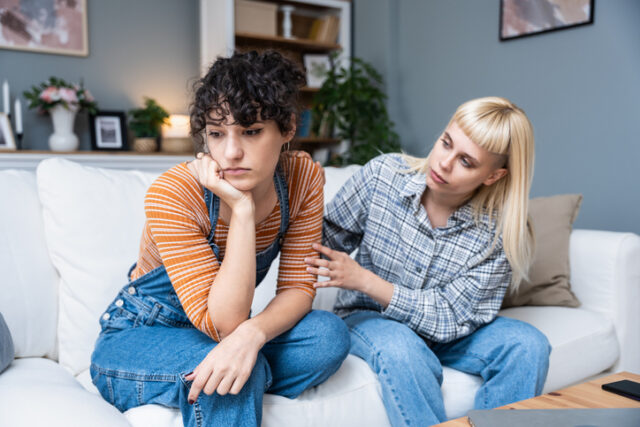
Even if someone’s outwardly accepting, things can change in subtle ways. You might notice fewer invites, changed energy, or more silence in a group chat. It’s not always dramatic, but it hurts. Sometimes, though, it is dramatic—family estrangement, religious rejection, or a complete friendship breakdown. Either way, the grief is real and long-lasting.
10. Seeing your identity politicised constantly
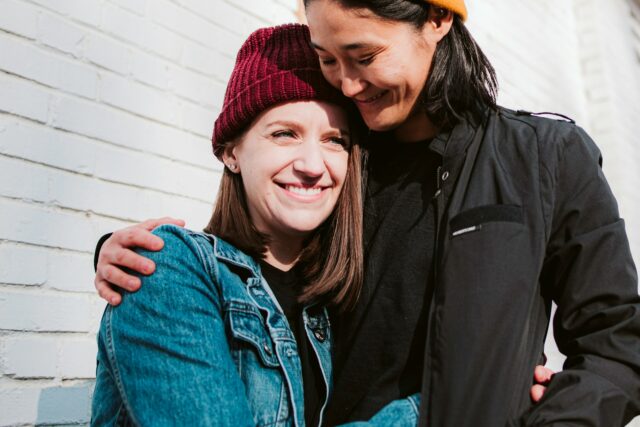 Source: Unsplash
Source: Unsplash It’s exhausting to wake up and see debates about whether your existence is valid, whether it’s in schools, sports, laws, or media. LGBTQ+ people are too often treated like ideologies, not humans. Being reduced to a headline or a talking point takes a toll. It reinforces the feeling that your worth is always up for public discussion, which chips away at your mental resilience.
11. Dealing with double standards in workplace environments

Being “out” at work isn’t just about mentioning your weekend plans. It’s about wondering whether people will treat you differently, judge your professionalism, or question your leadership. Queer employees often have to navigate jokes, assumptions, or exclusion behind closed doors, while simultaneously being expected to be “inclusive” mascots for the company.
12. Feeling like you have to represent your whole community
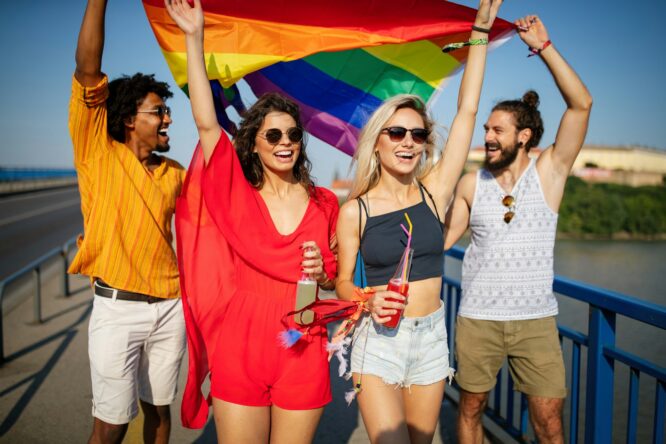
When you’re one of the few LGBTQ+ people in a space, you suddenly become “the queer one.” There’s pressure to speak up, show up, and somehow prove your identity is worthy of respect. This expectation is heavy. No one should have to be a spokesperson just to justify being there, but it’s a load many quietly carry every day.
13. Facing assumptions about your gender, orientation, or lifestyle
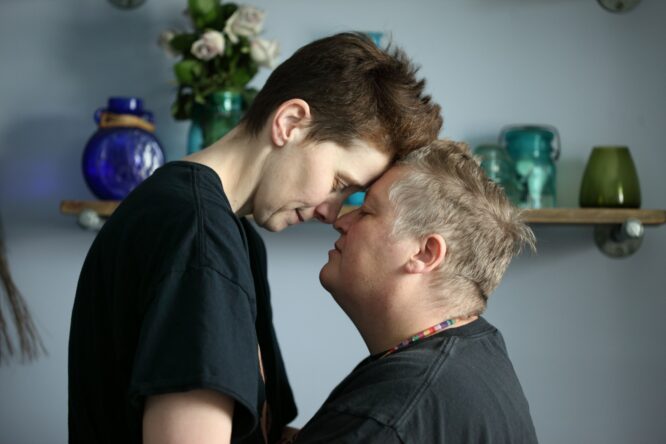
People still make snap judgements: “You don’t look gay,” “You’re probably just confused,” “So which one of you is the man in the relationship?” These moments are constant micro-cuts. They remind LGBTQ+ people that they’re being seen through a limited, often inaccurate lens. Over time, that disconnect adds up and wears you down.
14. Feeling pressure to always be “proud”
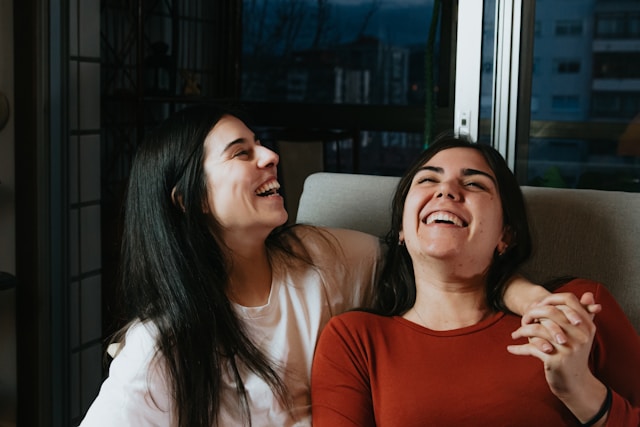
Pride is important, but so is space for every other emotion. Sometimes, LGBTQ+ people feel like they have to constantly present as joyful and strong—because anything less might be seen as weakness or ingratitude. The truth is, it’s okay to be tired. It’s okay to be angry or sad or just over it. Emotional honesty shouldn’t be a luxury—it should be allowed without judgment.
15. Having to justify your need for mental health support
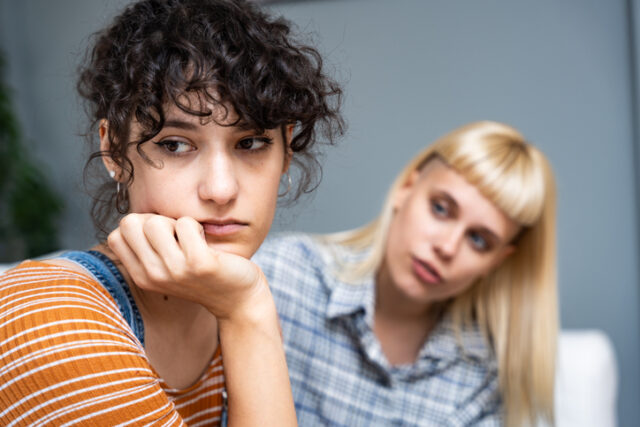
Whether it’s facing disbelief from professionals or being told “everyone struggles,” LGBTQ+ people often have to prove that their issues are real and rooted in more than just feelings. The reality is, a lifetime of navigating bias, invisibility, and microaggressions takes a toll. And having that dismissed or minimised makes getting help even harder than it already is.

